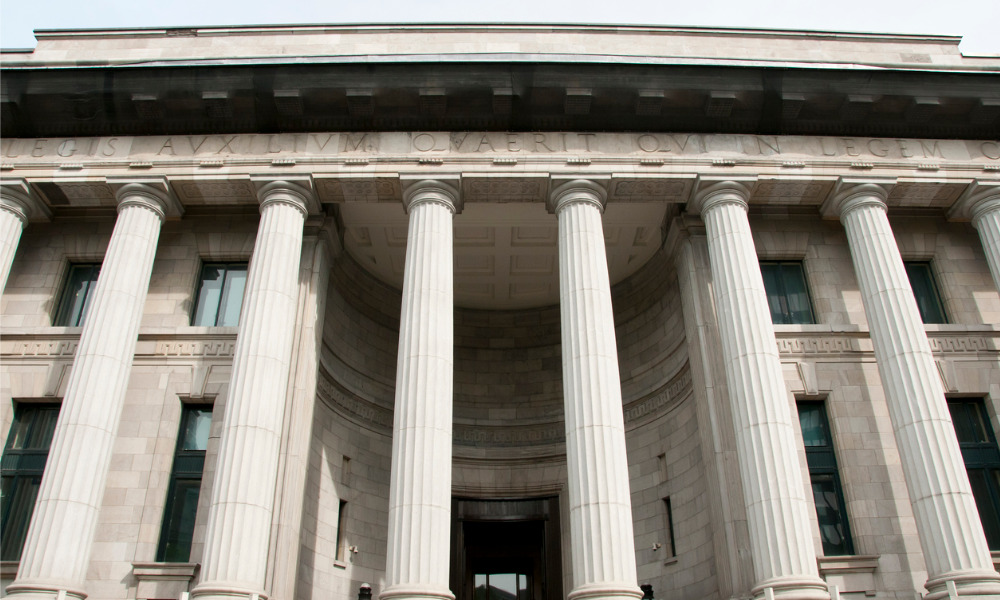Today's update for courthouses across Canada

Courts across Canada are taking extraordinary measures to control the spread of the new coronavirus COVID-19. Below is a roundup of actions courts are taking across the country.
Quebec
Service continuity plan for the Court of Quebec with regard to COVID-19 for March 31 to May 31, 2020, inclusively
Owing to the current suspension of the court’s regular services due to the pandemic, the court is focusing on offering essential services. The updated plan lays out the matters which have been suspended in the civil division and the youth division, as well as the matters which are being maintained due to their urgent nature. Certain matters previously considered urgent have been removed from the list pursuant to Order 2020-4251, dated Mar. 15.
Nova Scotia
Nova Scotia Supreme Court
COVID-19: Frequently asked questions re: matters in the Supreme Court (General Division)
The court has provided answers to common queries about its operations, in light of its adoption of an essential services model. The court emphasizes that this document should be read together with its other directives regarding COVID-19.
Prince Edward Island
Provincial Court of Prince Edward Island
New notice re: provincial fine payments — re: COVID-19
As long as the public health emergency persists, the province will not enforce the collection of fine payments. The court will not accept in-person fine payments, but will accept such payments via cheque or via the phone by credit card. Until further notice, the court is instructing people not to visit the courthouse for dealings relating to summary offence tickets.
Supreme Court of Prince Edward Island and Prince Edward Island Court of Appeal
Notice to members of the Law Society
The court encourages lawyers to utilize e-filing and fax for document filings, as well as the drop-box method for bound documents that are bigger in size. Lawyers can also use e-filing for filing original wills, as long as a certain procedure is followed, which the court explains in the notice. The court has also made certain concessions with regard to the submission of original birth and marriage certificates. As for essential, urgent and emergency matters which are still being heard, the court has adopted a triage process.










